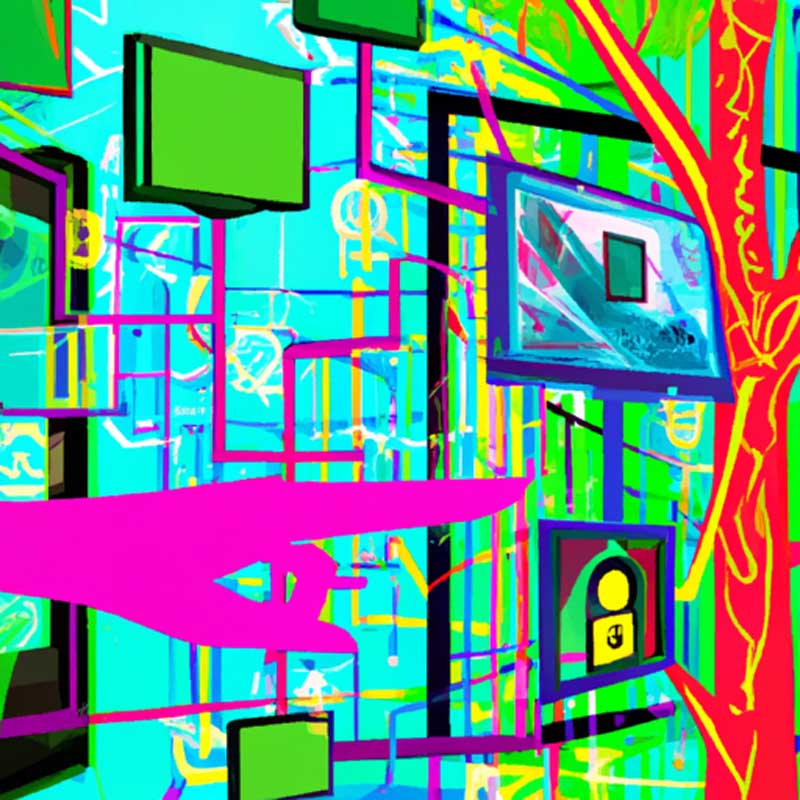TLDR:
- Researchers at Abu Dhabi’s Mohamed bin Zayed University of Artificial Intelligence (MBZUAI) have developed technology that can imitate someone’s handwriting based on just a few paragraphs of written material.
- The researchers used a transformer model, a type of neural network, to accomplish this feat.
- The technology could have both positive and negative implications, such as helping the injured write without a pen but also potentially allowing forgeries and misuse.
- The researchers plan to apply their research to real-world applications and are seeking commercial collaborators.
- There is still more work to be done, as the model can currently learn and write in English and French but struggles with Arabic handwriting.
Researchers at Abu Dhabi’s Mohamed bin Zayed University of Artificial Intelligence (MBZUAI) claim to have developed technology that can mimic someone’s handwriting based on just a few paragraphs of written material. They achieved this using a transformer model, a type of neural network that excels at learning context and meaning in sequential data. The MBZUAI researchers have been granted a patent by the US Patent and Trademark Office for their AI system, which represents an advancement in an area that has fascinated academics for years. Although there have been previous apps and robots capable of generating handwriting, recent AI advances have significantly improved character recognition techniques. This technology could benefit individuals who are unable to write with a pen due to injury. However, it also carries the risk of mass forgeries and misuse.
While the researchers acknowledge the potential risks, they believe the tool can be deployed thoughtfully with public awareness and tools to combat forgery. They emphasized the need to develop an “anti-virus” for the potential misuse of this technology. Despite concerns, the inventors plan to apply their research to real-world applications in the coming months and are seeking commercial collaborators. They see numerous possibilities for this technology’s use, ranging from decoding doctors’ handwriting to crafting personalized advertising. Additionally, the technology could generate synthetic data to improve other AI models’ handwriting processing. However, the researchers still need to work on improving their model’s ability to learn and write in Arabic, as it currently performs best with English and French handwriting.
